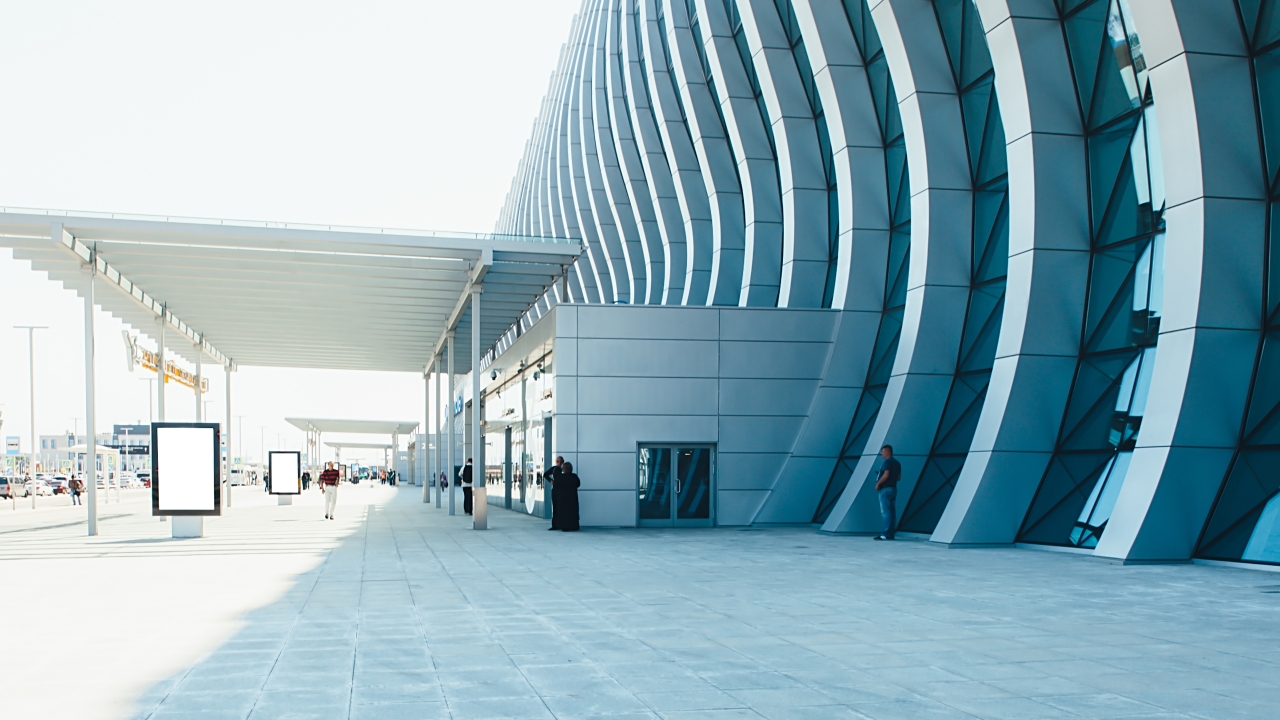Two new airports given go ahead in Djibouti

The airports are being built at a combined cost of US$599 million and it expected to transform Djibouti into a regional travel, tourism and business hub for Africa. Together the airports will cater for over two million passengers and over 100,000 tons of air cargo, and create 2,000 jobs.
Moussa Ahmed Hassan, Djibouti’s Minister for Equipment and Transport, said: “The investment in transport infrastructure in Djibouti will act as a catalyst for economic growth and development. The airports form part of the major transport infrastructure investment programme, enabling the country to build on its position as a key regional trade hub.”
The two new international airports will complement Djibouti’s existing U$5 billion, multiple seaport investment plan. Djibouti will start work on liquefied-natural-gas and crude-oil terminals in 2015, which will add to four new ports already being built that will quadruple cargo handling to almost 80 million metric tons annually. The direct rail link to Addis Ababa is also currently under construction and will be completed this year.
Planned to go operational in 2018, the first airport, named Hassan Gouled Aptidon International Airport after Djibouti’s first president, is being built in Ali-Sabieh, 25km south of the capital. It will be capable of catering for 1.5 million passengers and 100,000 tons of air cargo per year. The airport will accommodate all modern commercial aircraft including the giant Airbus 380.
The second airport, Ahmed Dini Ahmed International Airport, named after the former prime minister, is located in the north of Djibouti and is designed to handle up to 767,400 passengers per year. It is expected to open its doors in 2016. The two new airports will create approximately 2,000 jobs during construction and operation.
The China Civil Engineering Construction Corporation is providing financial support for the project.
Djibouti is making significant strides in the development of its sea, air, road and rail infrastructure. It is developing rail links, oil pipelines and other infrastructure as it seeks to become a middle-income country by 2035. The economy is forecast by the World Bank to grow 6.5 per cent in 2015, the highest estimates for the whole of the MENA region
Stay up to date
Subscribe to the free Times Aerospace newsletter and receive the latest content every week. We'll never share your email address.

